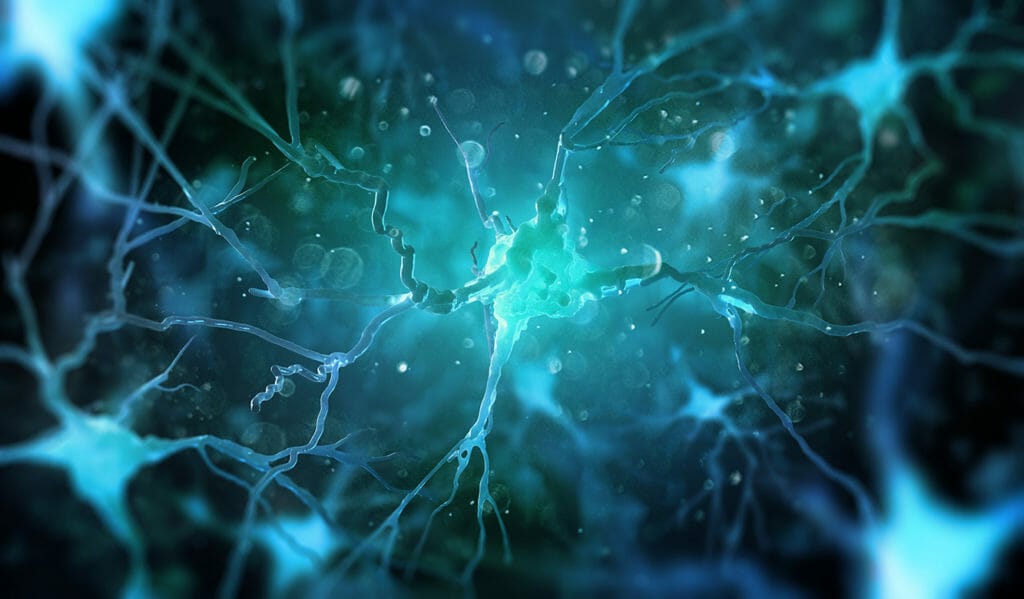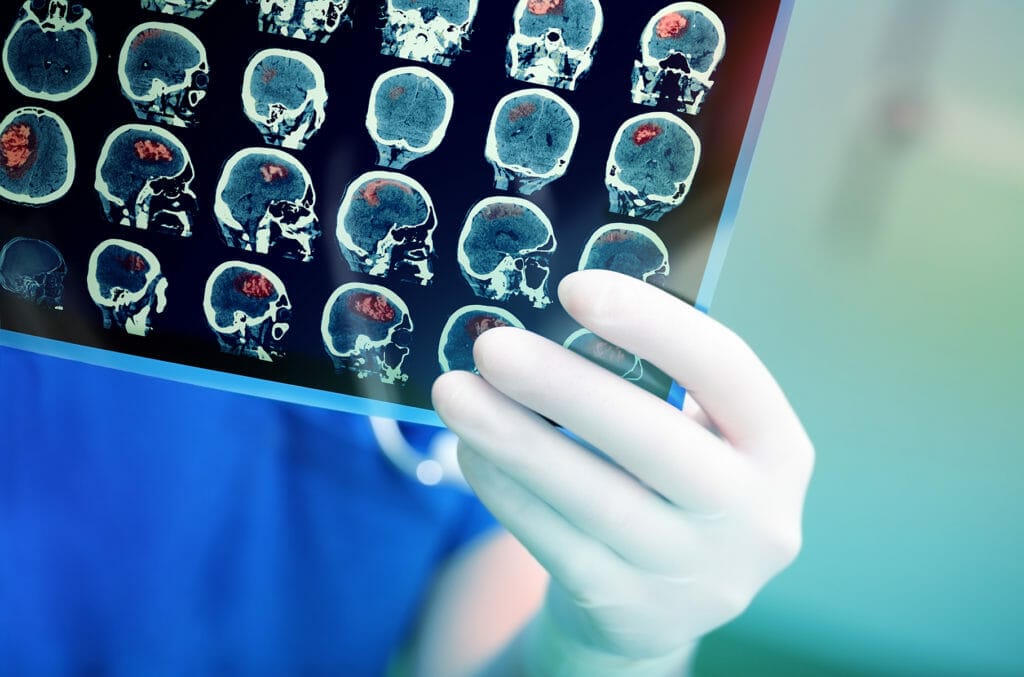The human brain is one of the largest and most complex organs in the body, made up of over 100 billion nerve cells that work together to co-ordinate movement, emotions, behaviour and sensations. The Brain is split into several different sections, each with very different but equally important roles.
Cerebrum
The cerebrum is the biggest part of the brain and performs functions such as speech, emotions, fine movement control and learning.
Cerebellum
Cerebellum is located underneath the cerebrum and is in charge of maintaining balance, muscle movements and posture.
Brainstem
The brainstem connects the cerebrum and cerebellum to the spinal cord. It performs automatic functions such as breathing, body temperature, digestion, heart rate, sneezing, sleep cycles, coughing, swallowing and vomiting.
Lobes
Within the cerebrum are 4 further sections known as lobes. Each lobe plays a vital part in terms of functionality.
Frontal
The frontal lobe is in charge of functions such as: emotions, behaviour, personality, judgement, problem solving,body movements, speech, writing, self awareness, intelligence and concentration.
Parietal
The parietal lobe is responsible for interpreting language, senses such as pain, touch and temperature, visual and spacial perception and interpreting signals from vision, hearing and memory.
Temporal
The temporal lobe is in charge of understanding language, memory, hearing ans sequencing/organisation.
Occipital
Finally, the occipital lobe’s job is to interpret vision, colours, light and movement.
To learn more about the brain, join Dr Elisabeth Philipps on her upcoming Brain Health & Inflammation webinar!
References:
https://www.webmd.com/brain/picture-of-the-brain#1











